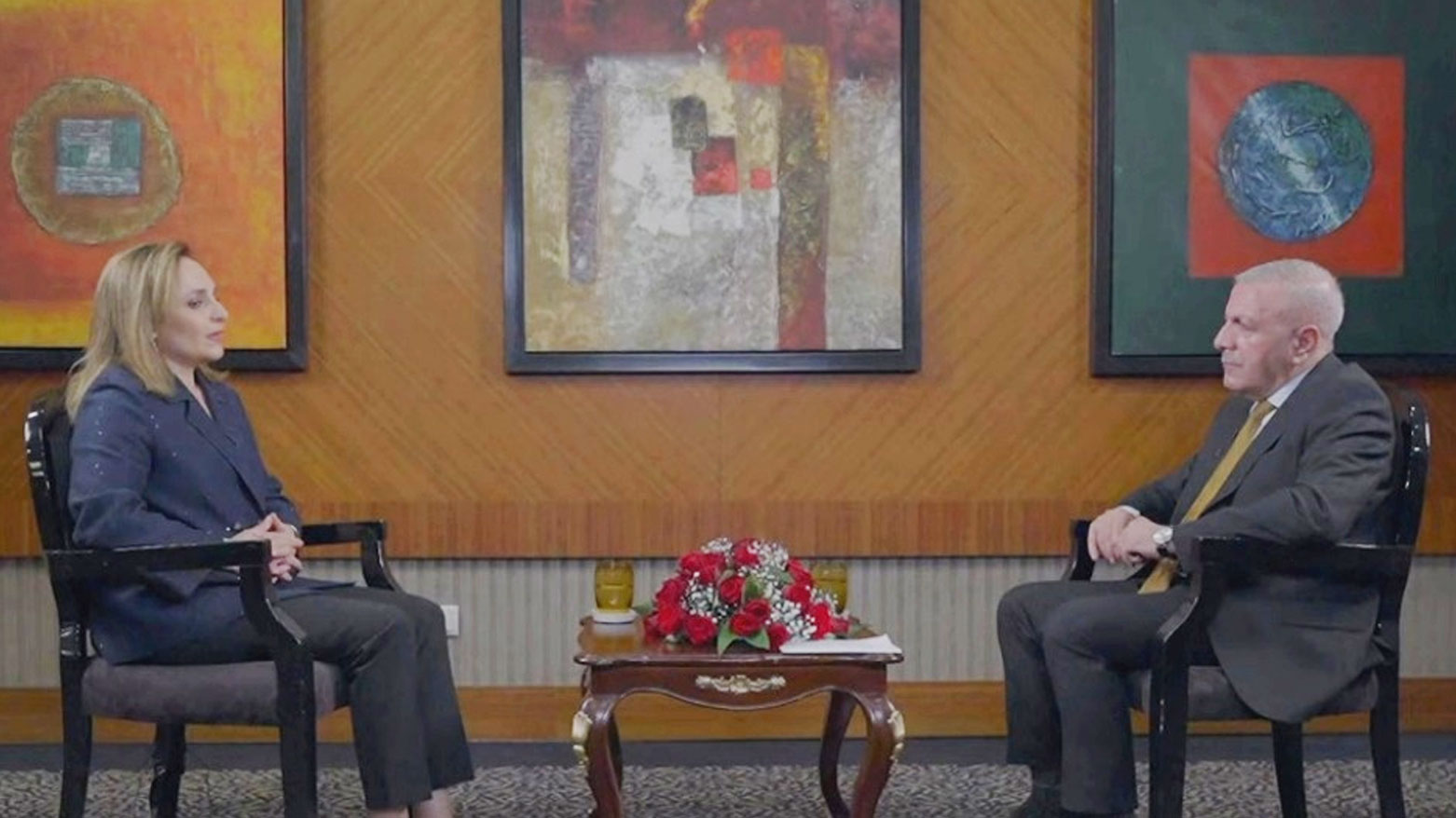DEM Party Spox to Kurdistan24: No Peace Without Democracy—Recognizing Kurdish Rights is the Foundation of Stability
DEM Party demands Kurdish rights as foundation for Turkey's democracy, condemning language bans and assimilation policies. Linking peace to constitutional reform, they warn exclusion fuels instability while urging action on Öcalan's dialogue offer for lasting resolution.

By Ahora Qadi
ERBIL (Kurdistan24) – In a interview with Kurdistan24, Ayşegül Doğan, the spokesperson for Turkey’s pro-Kurdish Equality and Democracy Party (DEM), stressed that a lasting resolution to the Kurdish issue is inseparable from the broader democratic transformation of Turkey.
Doğan asserted that peace and democracy cannot be achieved without full recognition of the Kurdish people’s fundamental rights, warning that marginalization and denial only deepen instability.
Institutional Discrimination Against Kurdish Language in Parliament
Highlighting systemic biases, Doğan noted that while Kurdish is allowed during press conferences at party headquarters, it remains banned on the parliamentary floor. “In plenary sessions where laws are discussed, our use of Kurdish is classified as an ‘unknown language’ (bilinmeyen dil), not even a foreign one. As a result, our microphones are cut off when our MPs speak Kurdish, regardless of who chairs the session,” she said.
She emphasized that this classification of Kurdish reflects institutionalized discrimination and reinforces exclusionary state policies that undermine democratic participation.
New Constitution Doomed Without Kurdish Inclusion
On the debate surrounding Turkey’s anticipated new constitution, Doğan was unequivocal: “Any constitutional formula that excludes Kurds and their rights is destined to fail.” She argued that recognizing and resolving the Kurdish language issue is foundational to crafting an inclusive, democratic constitution.
“Kurdish is spoken by millions in Turkey. Our people demand education in their mother tongue and legal recognition. This is not new. The Kurdish people have paid a heavy price for their identity and language. We remember Vedat Aydın, who was assassinated in 1991 for speaking Kurdish at a human rights conference,” she said.
She reaffirmed that DEM’s philosophy is rooted in respecting cultural, linguistic, and religious diversity, and denounced assimilationist policies that seek to erase identities. “Labeling everyone as ‘Turks’ is a denial of both societal and historical reality.”
Peace Process: The Kurdish Issue Is Not a Security Problem
Doğan described the current moment as “an opportunity for a democratic peace process,” stating that “there can be no peace without democracy, and no democracy without peace.” She stressed that the Kurdish issue is not a matter of security or terrorism, but a legitimate struggle for rights and freedoms.
“The problem lies not just with the government but with the outdated structure of the entire system. Changing governments isn’t enough—we need a comprehensive democratic transformation. The Kurdish people exist and must be recognized legally and politically—not as a favor, but as a right.”
Hope in Öcalan’s Message and Symbolic Disarmament
Despite ongoing challenges, Doğan voiced cautious optimism, referencing Abdullah Öcalan’s recent request to meet with several figures, including President Masoud Barzani. “This carries significant symbolic weight and should be taken seriously. A path must be opened for him to engage.”
She added, “This stage is different from the 2011–2013 process, but we’ve gained valuable lessons. There is now a louder public voice demanding: enough! The people want an end to bloodshed and tears. It’s time to officially recognize Kurdish identity.”
Doğan concluded with a call for national unity: “A successful resolution will benefit Turkey, Kurdistan, and the broader region. We need to see the bigger picture and pave the way for a future based on equal brotherhood—one in which Turkey becomes a model for the Middle East.”
Recent Developments: First Meeting Between DEM’s İmralı Delegation and Turkish Justice Minister
Doğan’s remarks come amid significant developments, as DEM’s İmralı Delegation met for the first time with Turkish Minister of Justice Yılmaz Tunç on July 16, 2025. According to media outlets close to DEM, the meeting—which was postponed the previous week due to a PKK clash—focused on legal reforms tied to the ongoing peace process.
The delegation included DEM parliamentary leaders Pervin Buldan and Mithat Sancar, along with Abdullah Öcalan’s legal representative, Fayik Özgür Erol.
This meeting followed a symbolic disarmament ceremony by 30 PKK members on July 11, held at Jasena Cave in Sulaymaniyah Province, signaling a formal shift away from armed struggle and toward political engagement.
The Turkish government refers to this process as a path toward “a terrorism-free Turkey,” while DEM frames it as a peace and reconciliation initiative.
In a landmark gesture, PKK leader Abdullah Öcalan had earlier called for the group’s dissolution and disarmament on February 27, 2025, urging the convening of a congress. The PKK responded by holding its 12th Congress from May 5–7, officially ending its armed campaign.
These coordinated steps mark the clearest movement in years toward a peaceful resolution of the Kurdish question in Turkey.
